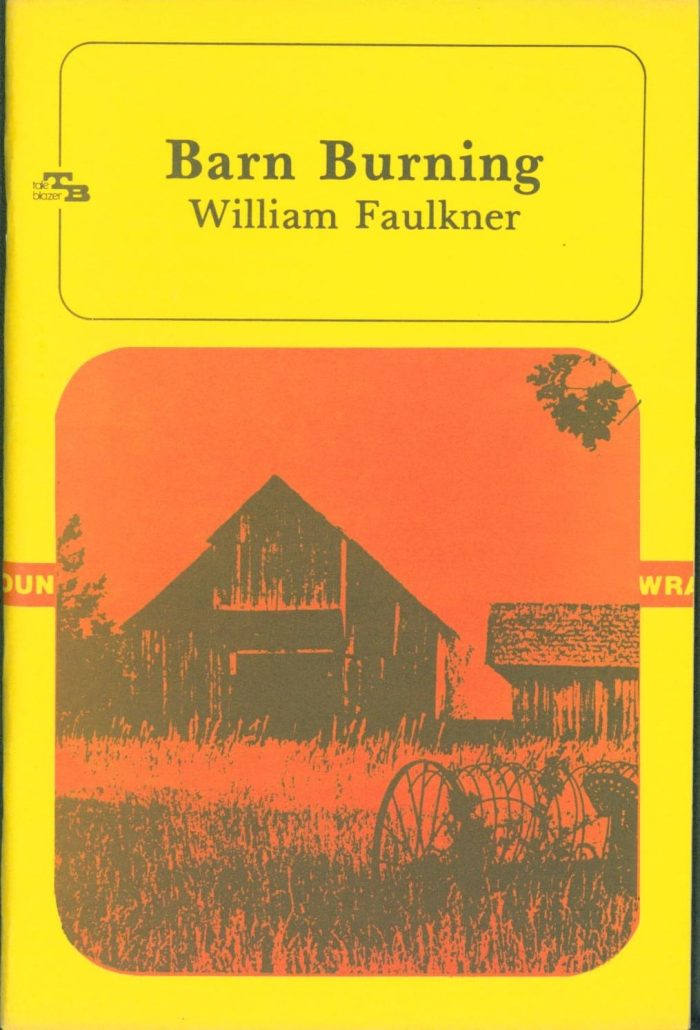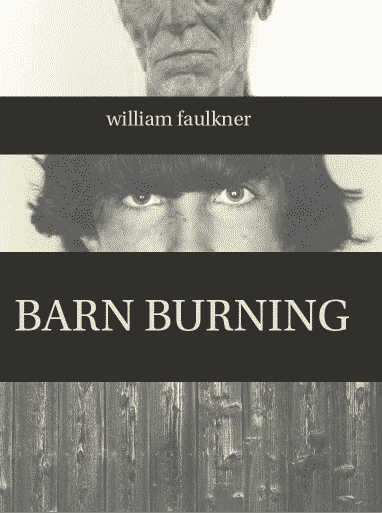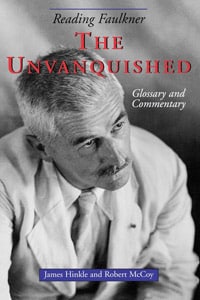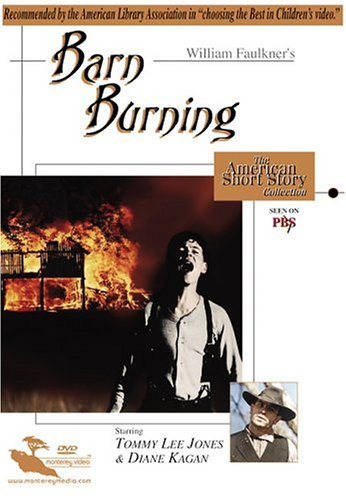Settings in Literature: Barn Burning and The Tempest
Stories and poems are enshrined in different environments, culture, place and time. Additionally, the character and relationship with others are closely linked to the setting to help the audience understand the atmosphere and the context of place and time. Specific actions and behaviour are likely to unfold in certain environments, which is essential for the…









